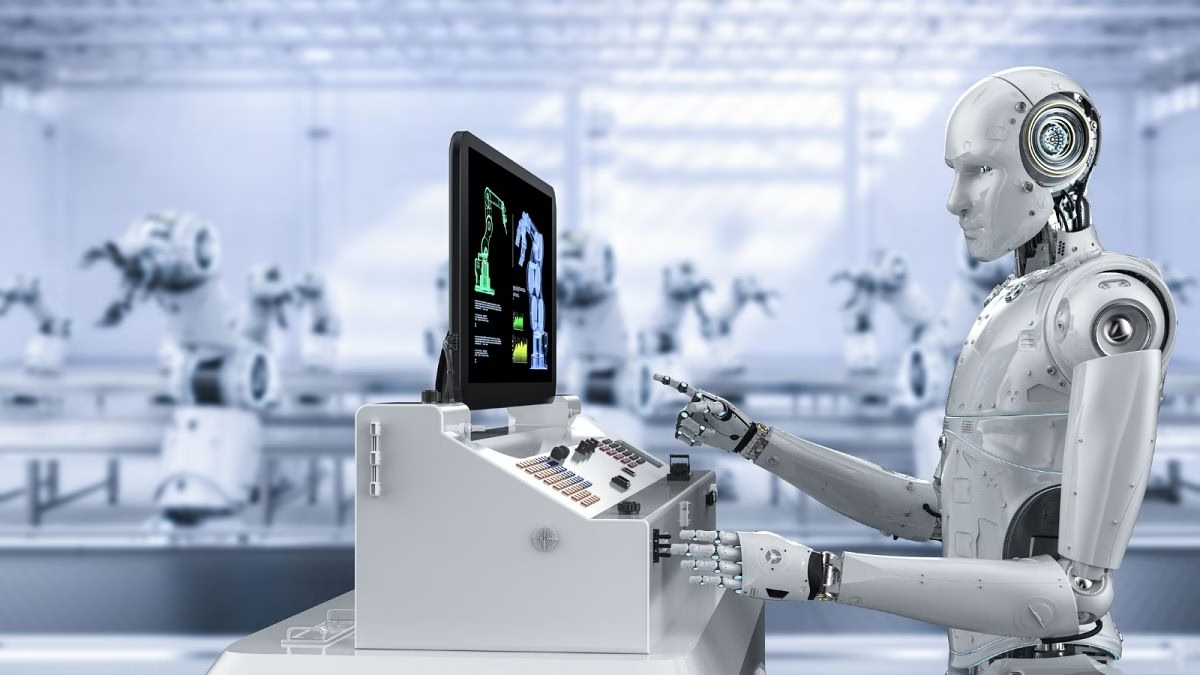Artificial intelligence (AI) is expected to affect 40% of jobs globally, potentially leading to increased productivity but also posing a threat to certain job positions, according to a recent report by the United Nations Department of Trade and Development (UNCTAD). Although AI has the potential to replace or complement human work, deepen automation, and create new job opportunities, such as in AI research or development, there is a concern that AI may reduce the competitive advantage of low-cost labor from developing countries, as a few companies controlling AI advancement favor capital over labor. Rebeca Grynspan, UNCTAD’s Secretary-General, emphasizes the need for stronger international cooperation to prioritize people over technology. The report also highlights that AI investment and knowledge generation are highly concentrated, with 100 companies accounting for nearly half of the world’s research and development spending, mostly based in the United States and China. The European Union has launched antitrust investigations against some of these companies but is considering revising digital services taxes. In terms of competing in frontier technologies, the report finds the US leading in areas like AI, while China dominates technological advancements in 5G, drones, and solar photovoltaics. The study also points out that many developing countries are not involved in discussions on AI governance. To prepare for the “fifth industrial revolution” brought by AI, developing countries should invest in reliable internet connections, make high-quality data sets available, and build education systems that provide necessary digital skills, the UNCTAD recommends. A shared global facility for equitable sharing of AI tools and computing power among nations is also suggested.
Source: https://www.euronews.com/next/2025/04/07/ai-could-impact-40-per-cent-of-jobs-worldwide-in-the-next-decade-un-agency-warns






